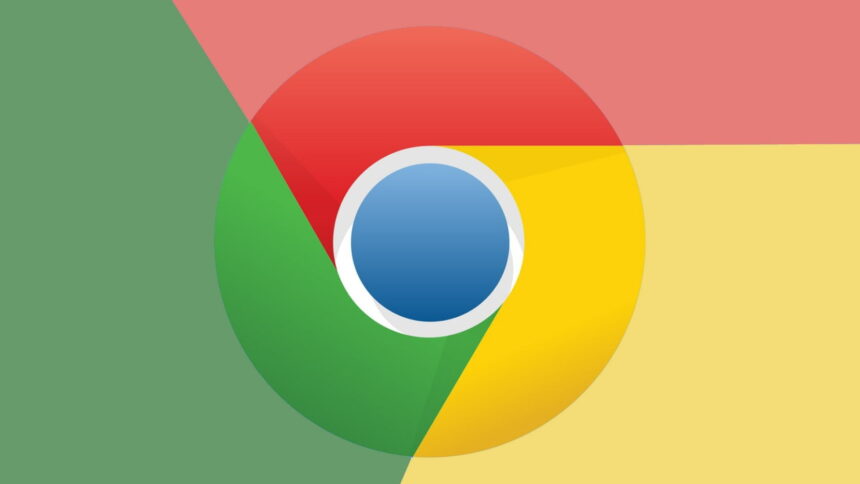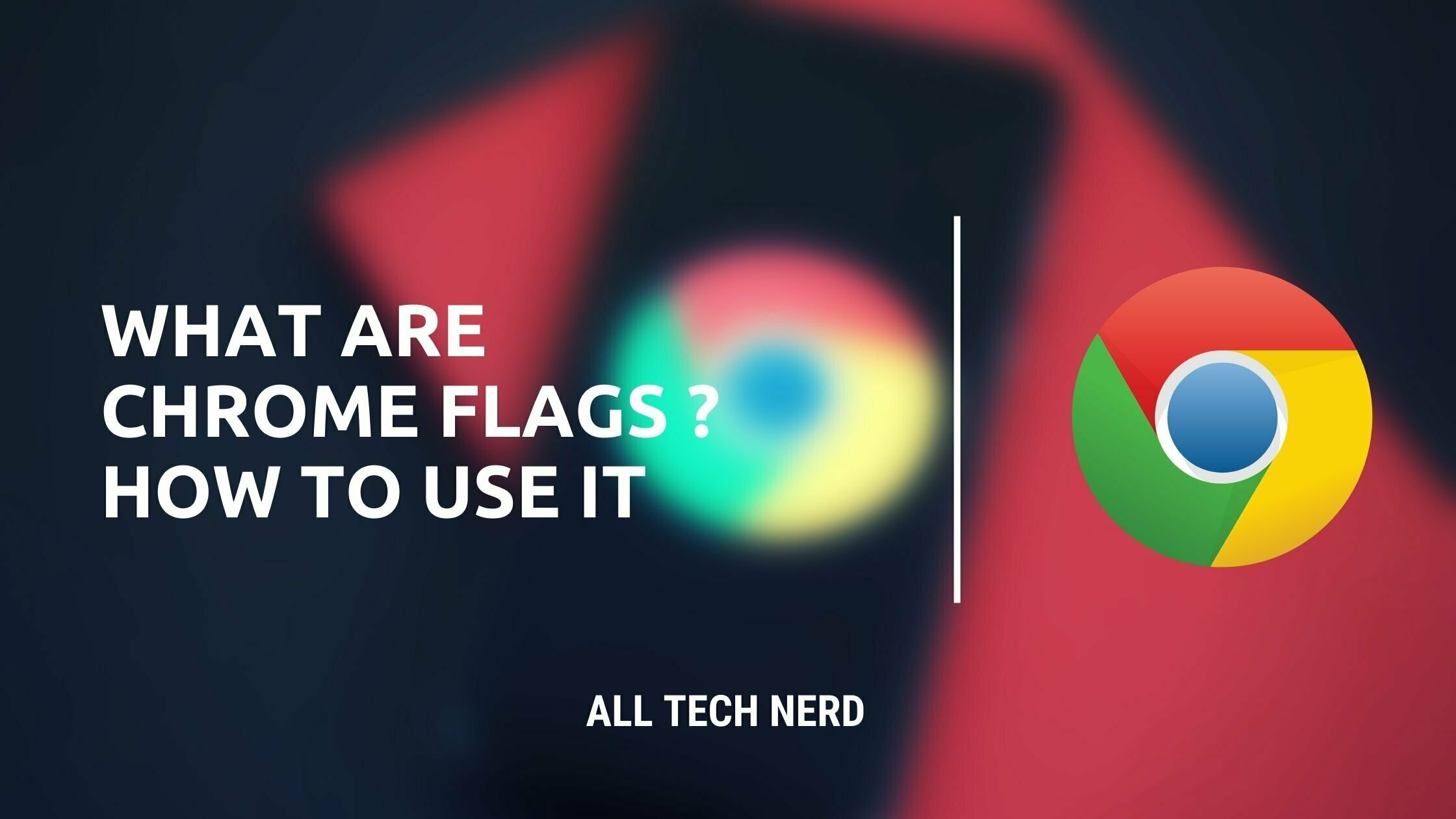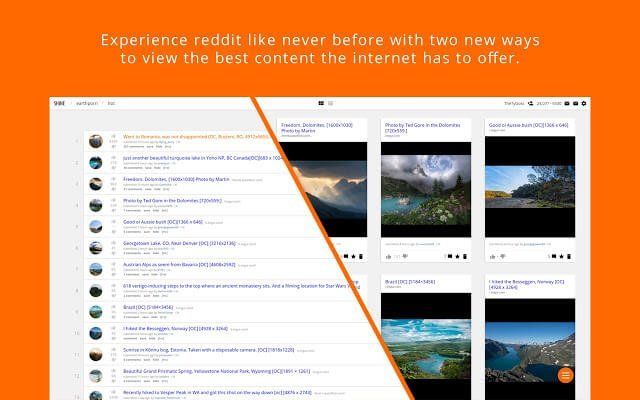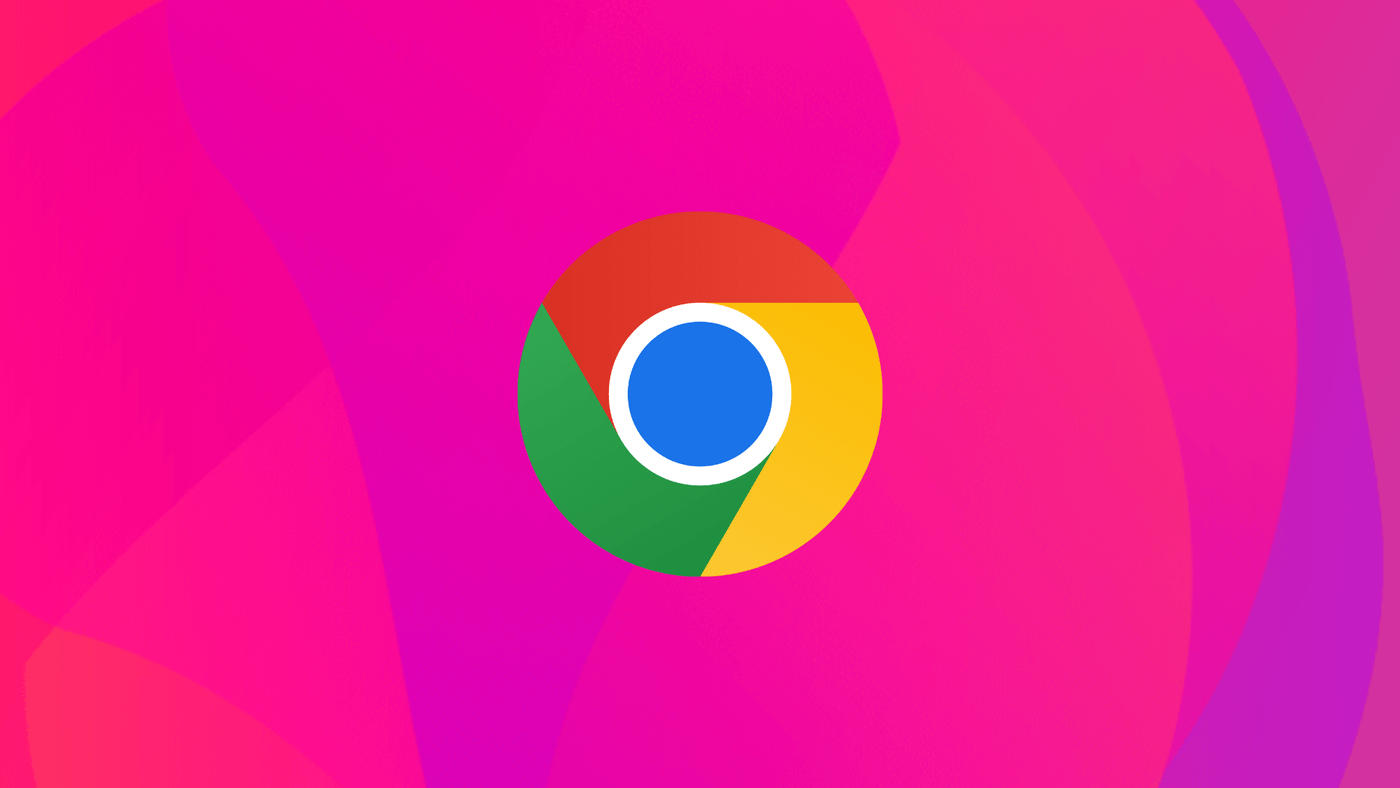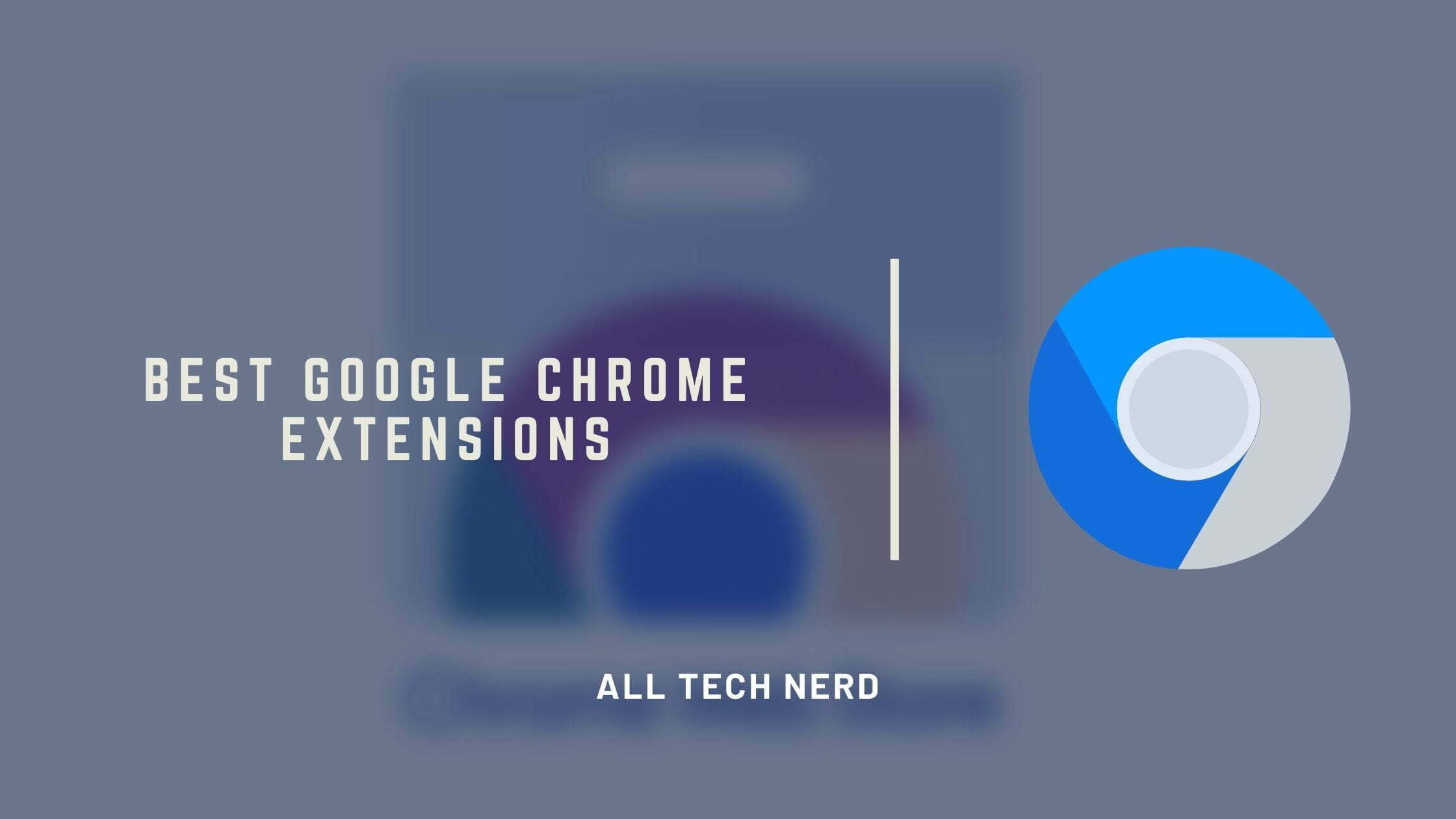Google has notified Chrome users that popular ad-blocking extensions like uBlock Origin may soon become unsupported due to the transition from the Manifest V2 extension specification to Manifest V3. This change is significant because Manifest V3 introduces new rules that limit how extensions like ad blockers operate, potentially reducing their effectiveness.
The move has raised concerns among developers and privacy advocates, as Manifest V3 restricts the ability of extensions to block content, focusing more on security and performance. Ad blockers that rely heavily on the flexibility provided by Manifest V2 will need to adapt or face being discontinued on Chrome. Some users worry this could lead to less control over ad content and tracking.
While Manifest V3 aims to make Chrome safer and more efficient, the impact on privacy tools and ad-blocking capabilities remains a hot topic among the Chrome community.
What is Manifest V2, and why is it being deprecated
Google’s decision to phase out Manifest V2 and replace it with Manifest V3 has sparked significant concerns among developers and users. Manifest V2 has long been the foundation for many popular Chrome extensions, defining how they operate, access permissions, and interact with content.
However, with the shift to Manifest V3, Google aims to improve user security and privacy by imposing stricter guidelines on what extensions can do. This may limit the functionality of specific tools—especially ad blockers like uBlock Origin.
One of the critical issues is that uBlock Origin, widely regarded as one of the most effective ad blockers, is built on Manifest V2. Its developer, Raymond Hill, has explained that creating a fully functional version of uBlock Origin that complies with Manifest V3’s restrictions is not feasible.
Instead, he developed a lite version, uBlock Origin Lite, which complies with Manifest V3 but lacks many advanced filtering capabilities that made the original version so powerful. This has left users concerned about reduced functionality and prompted discussions about potentially switching to other browsers.

Several alternatives, such as Firefox, Brave, and Vivaldi, have already committed to continuing support for Manifest V2, offering a refuge for users who rely on robust ad-blocking and content-filtering tools. This has created a divide within the browser market, as users who feel strongly about maintaining advanced ad-blocking functionalities may be drawn to these alternatives.
While Google claims that Manifest V3 will improve security and privacy by limiting what extensions can access and do, the trade-off comes at the expense of tools that have been essential for user experience.
The impact of this shift will likely influence the choices of many Chrome users, who may find themselves weighing security improvements against the desire for greater control over their browsing environment. This transition could result in a loss of user loyalty for Google Chrome, as some users already express their intent to switch browsers in response to these changes.

